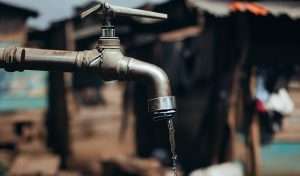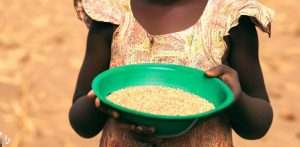In the heart of Kenya’s bustling cities lie the sprawling slums, where poverty and inequality cast a long shadow over the lives of its residents. Among the most vulnerable are young girls, who face the daunting challenges of early pregnancy and child marriage. These issues perpetuate a cycle of poverty and limit opportunities for personal growth and development. In this blog, we delve into the pressing matter of early pregnancy and child marriage in Kenyan slums and explore the steps being taken to empower these girls and break the chains of adversity.
- Unraveling the Root Causes:
The factors driving early pregnancy and child marriage in Kenyan slums are complex and interwoven. Poverty, lack of access to education, cultural norms, and limited awareness about reproductive health all play a role. Families facing economic hardship may resort to marrying off their daughters at a young age to alleviate financial burdens. Additionally, societal norms and traditions perpetuate this cycle, leaving girls with few options and limited control over their futures.
- The Impact on Girls:
Early pregnancy and child marriage have far-reaching consequences for the physical, emotional, and socio-economic well-being of young girls. These girls are often forced to abandon their education, depriving them of opportunities for personal growth and economic independence. Moreover, early pregnancies can lead to health risks for both the mother and the child, perpetuating the cycle of poverty for generations to come.
- Empowering Through Education:
Education holds the key to breaking the cycle of early pregnancy and child marriage in Kenyan slums. By investing in quality education and eliminating barriers such as school fees and gender biases, girls can dream of brighter futures. Equipping them with knowledge and skills empowers them to make informed decisions about their lives, health, and well-being.
- Raising Awareness on Reproductive Health:
Access to accurate information and reproductive health services is vital in empowering girls to take charge of their bodies and futures. By conducting awareness campaigns and providing accessible healthcare facilities, we can reduce unintended pregnancies and improve maternal and child health outcomes.
- Economic Empowerment for Lasting Change:
Economic empowerment programs offer a path to self-sufficiency for girls in Kenyan slums. By providing skills training and income-generating opportunities, we equip them to break free from the cycle of poverty and gain financial independence. These initiatives create a ripple effect, as empowered girls transform into role models and advocates for their communities.
- Legal Protection and Advocacy:
Strengthening and enforcing laws against child marriage are paramount. Combined with advocacy efforts, these measures serve as a deterrent and protect the rights of young girls. Collaborating with community leaders and influencers amplifies the message and fosters a cultural shift towards supporting girls’ education and well-being.
In Conclusion:
Empowering girls in Kenyan slums is not just a matter of human rights; it is an investment in a brighter future for all. By combatting early pregnancy and child marriage through education, awareness, economic empowerment, and legal protection, we create a world where girls can thrive and break the chains of adversity. The journey to change is not without challenges, but with concerted efforts from governments, NGOs, communities, and individuals, we can pave the way for a more equitable and prosperous society. Together, let us create an environment where every girl’s dreams can take flight, and they can fulfill their true potential.


